The Centre for Communication, Cognition and Computation
joint research centre of UvA and UoE
| Amsterdam | Edinburgh | |||
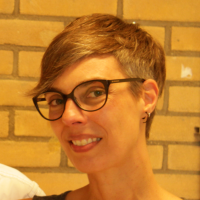 |
 |
 |
||
| Raquel Fernández My research is mostly concerned with linguistic interaction, although I'm generally interested in (computational) semantics and pragmatics. | Mario Giulianelli New member of the Dialogue Modelling Group (ILLC - UvA). I will work on representation learning and decision making for computational models of linguistic interaction. | Neil Bramley Neil uses interactive experiments and computational modelling to study how people represent the world, and how they imagine, explain, solve problems and plan. | Martin Corley Martin Corley is interested in the production and perception of human speech, including how errors and disfluencies are produced and comprehended. Methods include ultrasound, EEG, and eyetracking. | |
 |
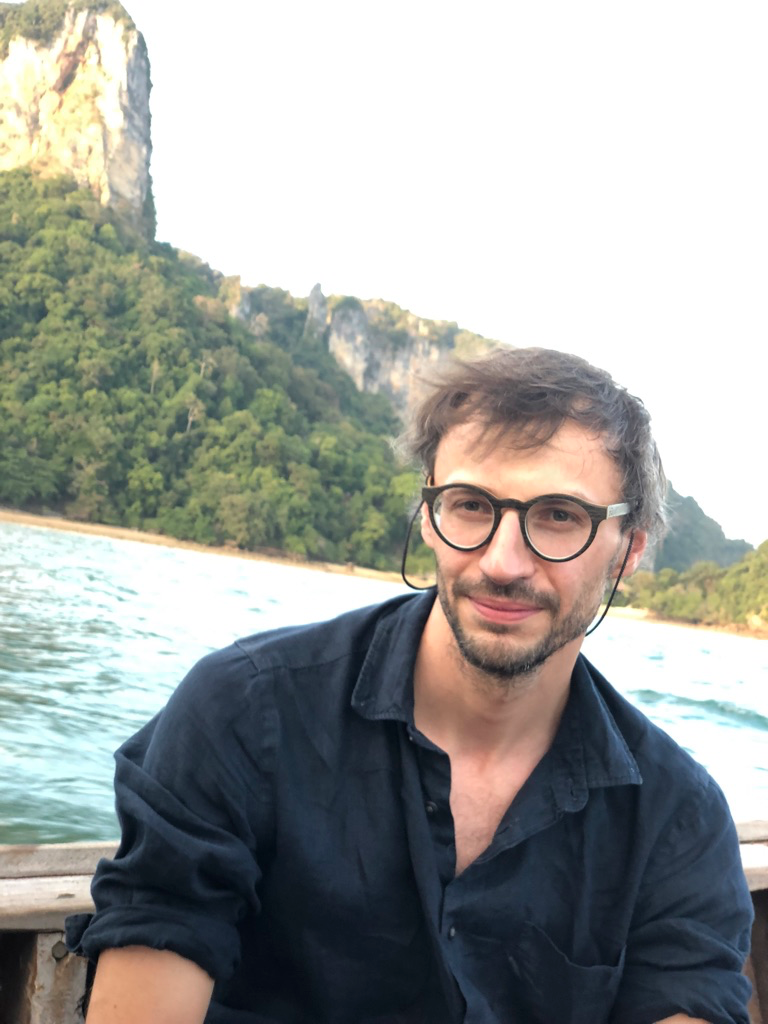 |
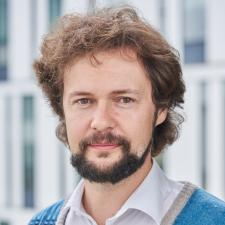 |
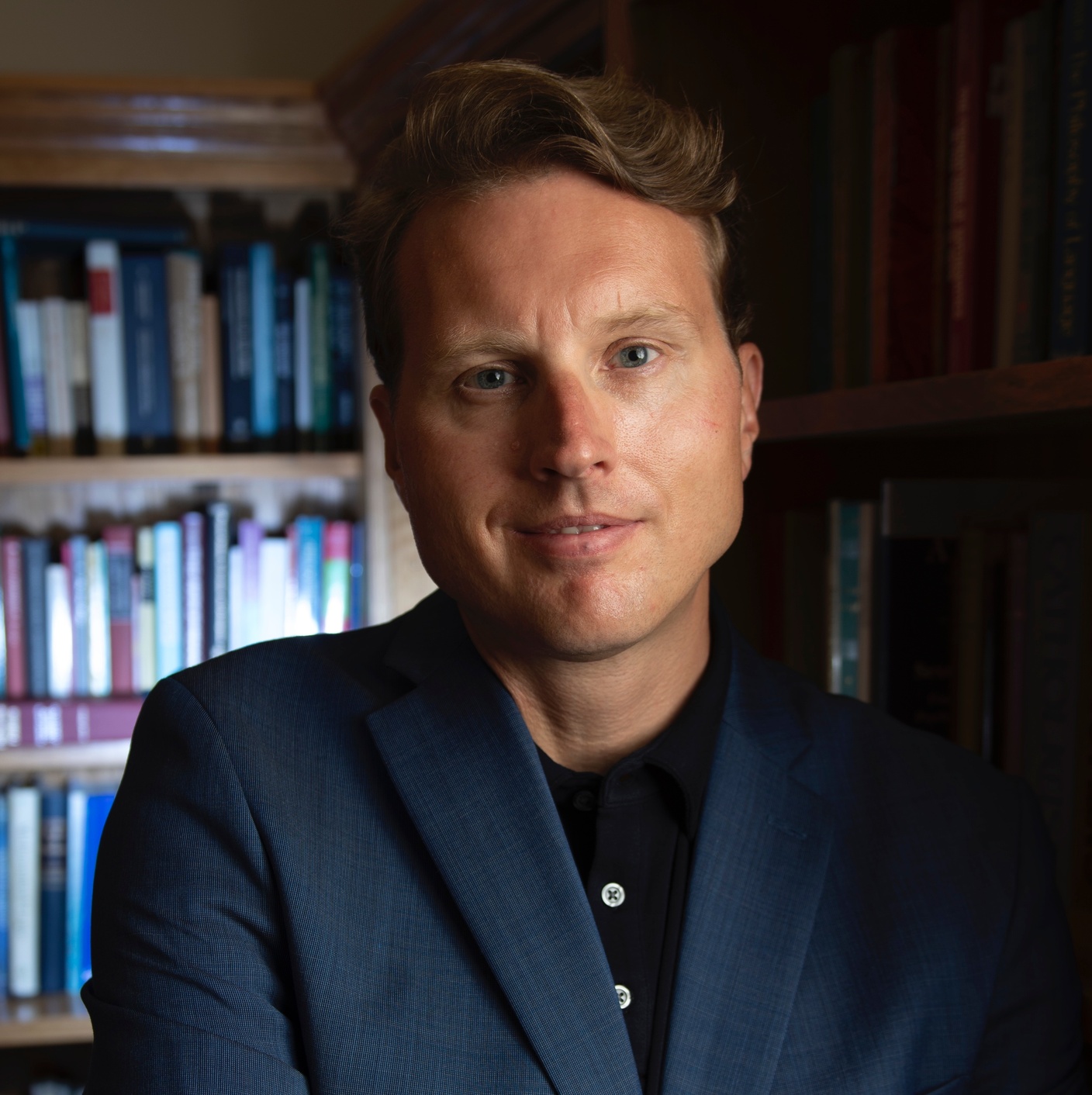 |
|
| Floris Roelofsen Most of my work is concerned with the development and application of inquisitive semantics, a framework that enriches standard truth-conditional semantics in order to analyse statements and questions in a uniform way. |
Jakub Szymanik My research uses logical, computational, and experimental methods to address questions at the foundations of the language, reasoning, and cognitive sciences. | Ivan Titov My research focuses on statistical modeling for natural language understanding and language generation, and specifically question answering, information extraction, semantic parsing and machine translation tasks. |
Duncan Pritchard Duncan Pritchard works mainly in epistemology, including epistemic issues arising in the philosophy of mind and cognitive science. | |
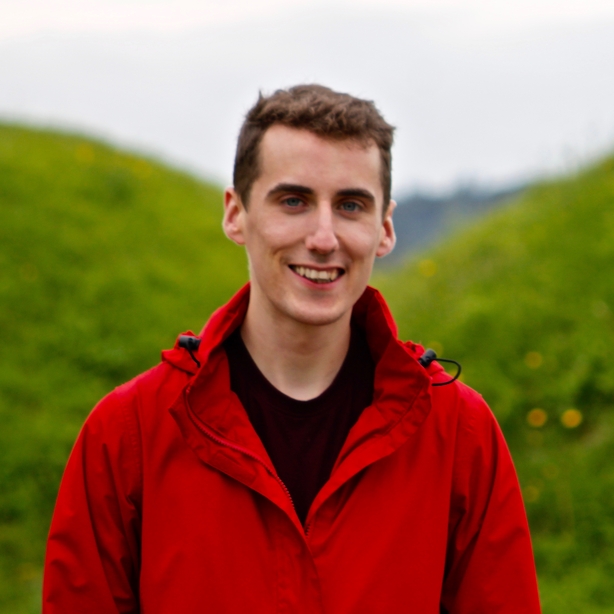 |
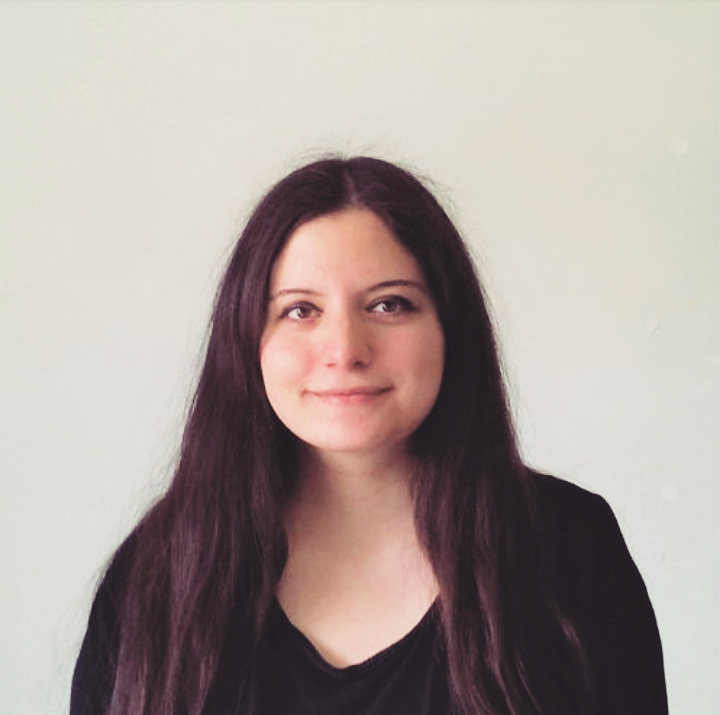 |
 |
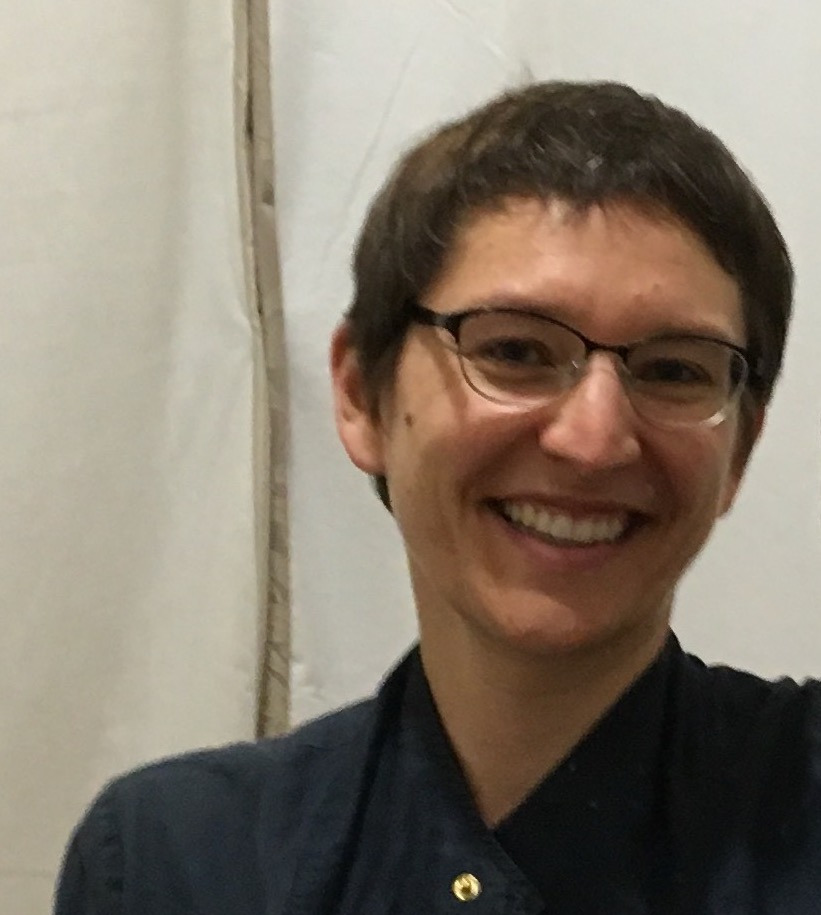 |
|
| Dean McHugh I study causal inference using tools from logic, linguistics and psychology. My research is situated at the University of Amsterdam's Causal Inference Lab. | Ece Takmaz My interests lie in multimodal deep networks performing visually-grounded dialogue or image captioning, informed by the role of perception, attention and memory in human cognition. |
Wendy Johnson Evolution and development of human cognition -- how we make sense of the world around us: within individuals, cultures, and whatever may be universally human | Hannah Rohde I work in experimental pragmatics -- how do messages get formulated and how do listeners recover speakers' intended meaning. Topics: reference, coherence, information structure, psycholinguistics. | |
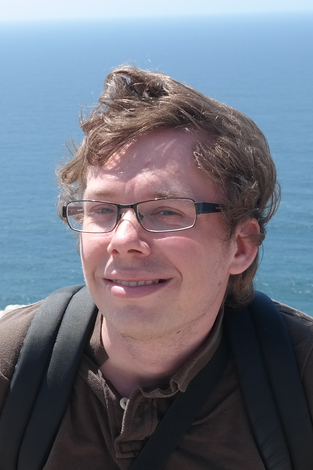 |
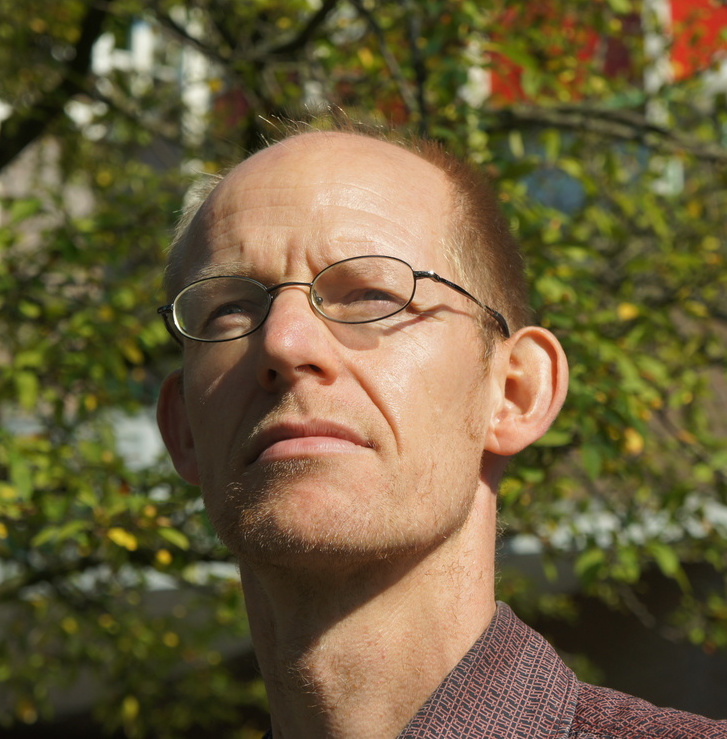 |
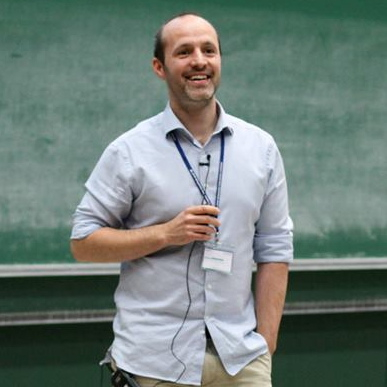 |
 |
|
| Jelke Bloem I'm interested in applying language technology and corpus-based methods to study questions in linguistics and the history of ideas, including the evaluation of such new methods. |
Robert van Rooij I use Logic, Game and Decision Theory, and Causal Modelling to address questions involving meaning and use (semantics and pragmatics) of natural language. | Kenny Smith I study language evolution: how languages are shaped by their learning and use, and how this in turn shapes the cognitive capacities underpinning language learning. |
Nina Poth My main research interest is in the philosophy of cognitive science with a focus on models of concept learning and perceptual categorisation. | |
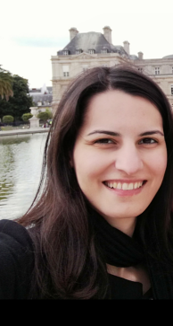 |
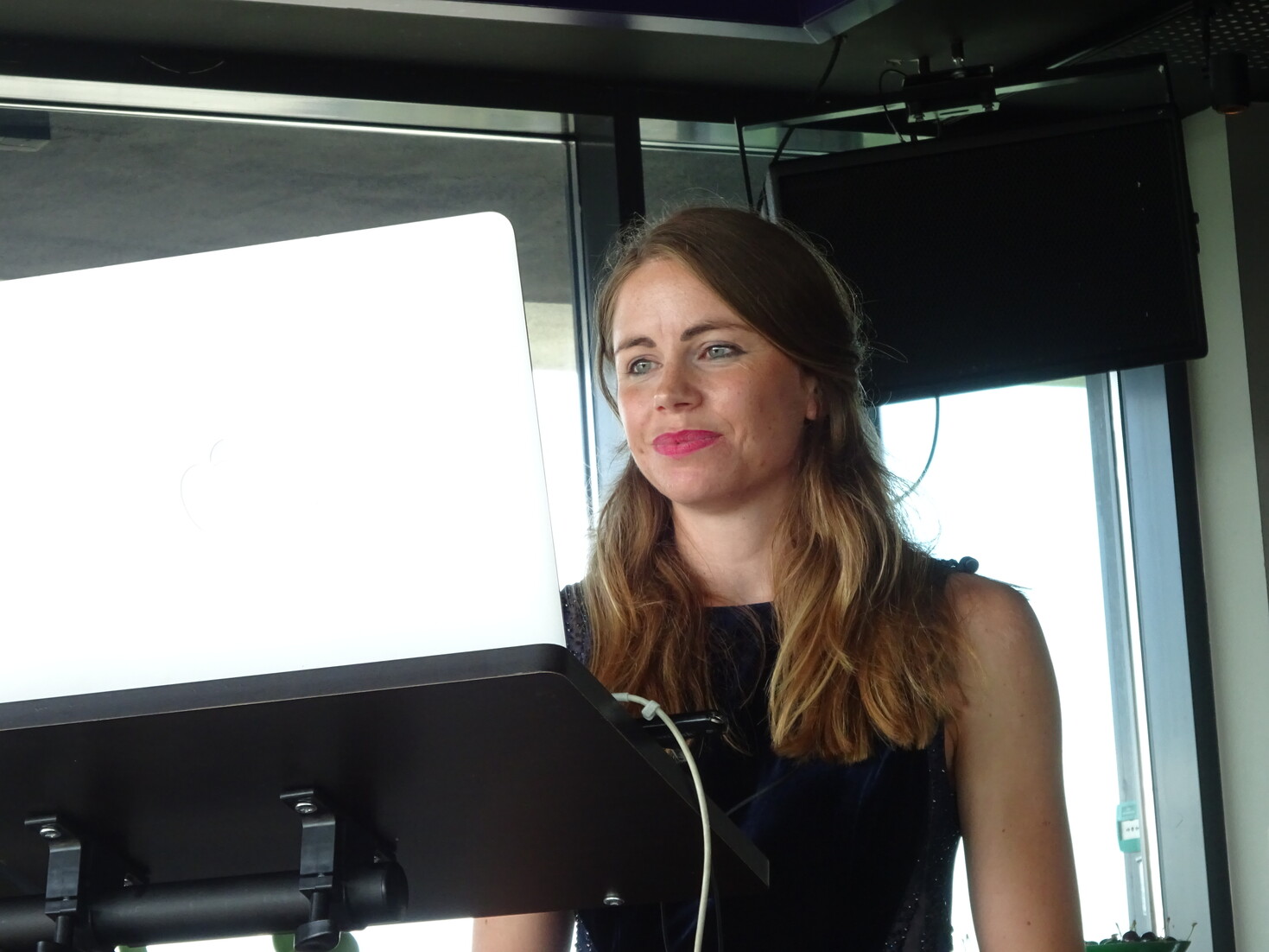 |
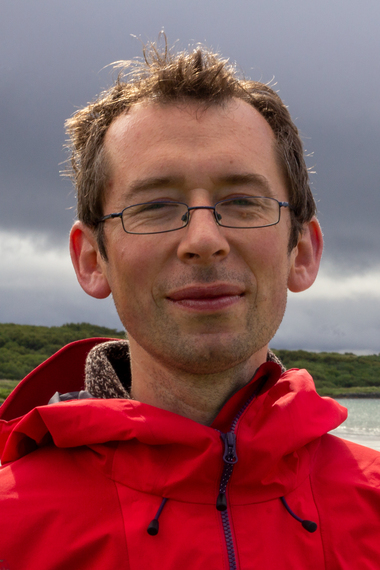 |
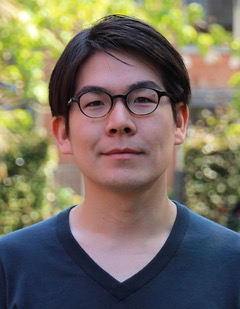 |
|
| Anthi Solaki I'm interested in formal frameworks that bridge logic, epistemology and psychology of reasoning, currently focusing on systems for resource-bounded agents. |
Dieuwke Hupkes I am a postdoc in the new ELLIS unit in Amsterdam. In my research, I try to use artificial neural networks as explanatory models to understand more about human language processing. | Robert Truswell I work in syntax and semantics, particularly on the relationship between syntactic structure and discourse, and the impact of language change on syntactic typology | Wataru Uegaki My research concerns formal semantics and pragmatics. Specifically, I am interested in how common patterns in word meanings across languages can be explained by core properties of our language faculty and cognition. | |
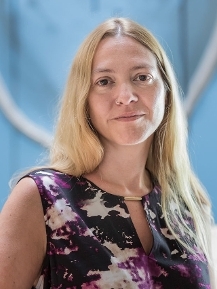 |
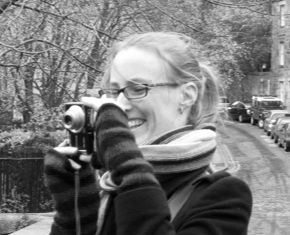 |
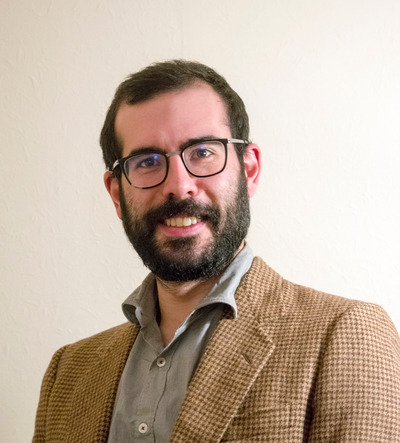 |
 |
|
| Sonja Smets My research is centered around logic and the use of its concepts and methods to model the laws and dynamics of different notions of information, knowledge and belief. This includes a focus on multi-agent systems that involve the knowledge transfer (by classical communication) between agents. | Marieke Schouwstra I am interested in how individual and cultural processes interact to give us structured languages that allow us to share our thoughts. I study this by combining lab experiments, computational models and (sign) language data. | Fausto Carcassi I study the mechanisms underlying the evolution of observed linguistic universals of meaning, with a particular focus on semantic universals of scalar language (gradable adjectives, quantifiers, modals). I try to combine computational models and experimental results, working with a broadly Bayesian approach to cognition. |
Alistair Isaac My research applies considerations from philosophy of science to the sciences of the mind, with a particular focus on perception and mental representation. Some further key themes: measurement, modeling, information, and AI ethics. | |